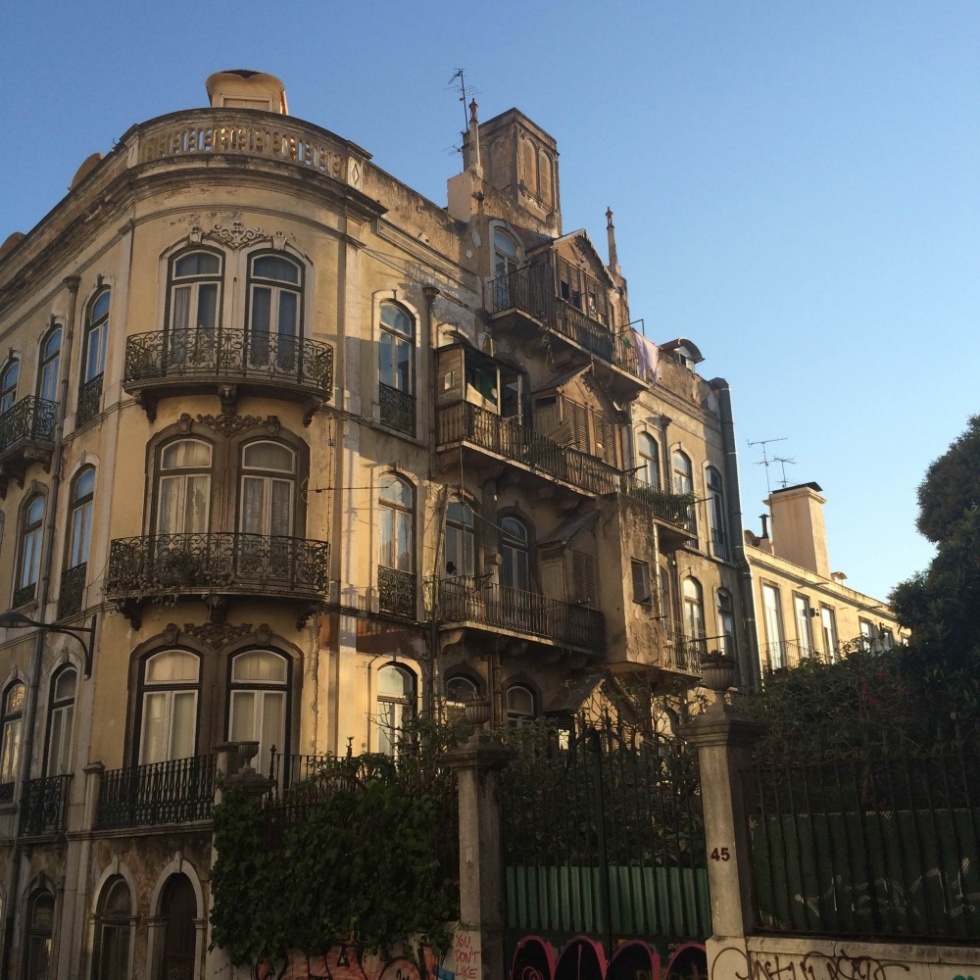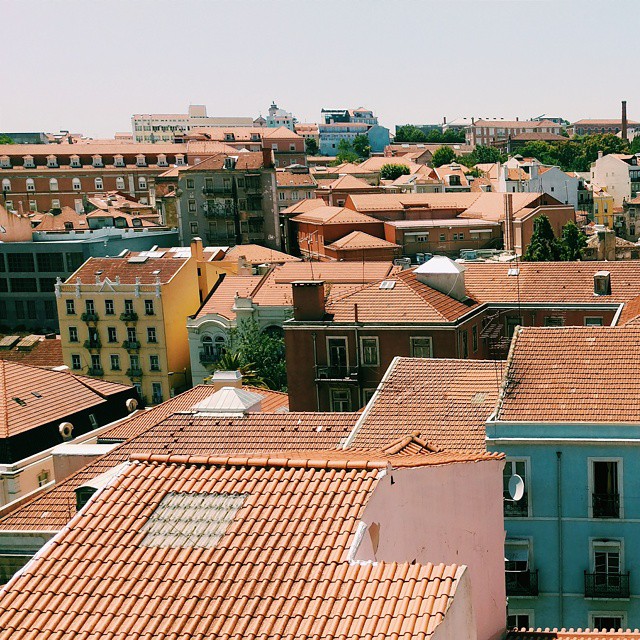Boiler Room recently returned to Portugal with a reinvigorated sense of discovery. We’ve already been privy to some of the country’s riveting musical talents – having previously shed light on both established folk and newbies on multiple occasions – but this last trip was fuelled by fervour; the majority of which was rooted in a label showcase courtesy of a real office favourite.
The MO set out on Facebook decrees that they’re “dedicated to releasing 100% real contemporary dance music coming out of this city, its suburbs, projects and slums”; very much up our street, then. But there’s no simple way of putting a finger on the Príncipe DNA. Kuduro, a style of Angolan music and dance that began in the early ’90s and became widely popular in Portugal, is an integral component, but Príncipe’s style also fuses kizomba, funaná, house, afro house and batida, genres mostly (but not exclusively) rooted in Angola, Cape Verde and São Tomé E Príncipe.
Some of the cohorts’ real virtuosos were waving the Príncipe flag at Musicbox. Famifox & Nunex, better known as Alto Nível Produções, are two of the most promising heads within the clique. Nidia Minaj‘s brash ghetto funk was refreshingly unlike anything else. In Puto Anderson and NinOo, we had the brightest fireflies from the Firma do Txiga collective; suitably placed on the tracklist of the recent Lisbon-focused CARGAA 2 release on Warp. On top of that, Blacksea Não Maya – a DJ trio consisting of Kolt, Noronha and Perigoso – shone accordingly, ahead of their heavily-anticipated 12” (due to rear its head later in the year). Then there was the Michael and Vito Corleone of the Príncipe dynasty, Marfox and Nervoso, churning out wonder b2bs as they’ve been doing for yonks.
Our short stay in the capital was characterised by more than a single night within Musicbox’s walls though. Lisbon is utterly beautiful in its decay. Pastel colours adorn most of its old-fashioned building walls, cobbled streets with steep ascents are the norm, and the place was generally extremely jovial. Yet despite the faded facades that span the area, the music emerging from its cracks is novel, combining African and European influences.
A rich vein of Lisbon’s musical lifeblood exists on its outskirts. Amadora, which sits just northwest of the main cityscape, happens to have more Cape Verdian residents than the island itself. It’s one of the regions most densely populated areas with a rich mix of immigrant tenants. Then there’s Almada, the city that’s right on the other side of the Tagus river, which connects to Lisbon through a bridge that looks just like San Francisco’s Golden Gate bridge. Almada is a very blue-collar, post-industrial town, a bit grey and rough but nourished by a tangible sense of youth culture. Many a hip hop and punk band called it homebase; a melting pot for not only music but connected mediums of teenage angst, like skating and graffiti. The area used to have a very big shipbuilding industry but it all moved to Setúbal (another city further South) years ago. Young people sometimes head there simply to eat really good grilled fish, and scope amazing views of Lisbon from the opposite side of the river.
Another especially important place is known as Martim Moniaz – a meeting ground for the myriad of different cultures living in the surrounding neighbourhoods. Pakistani kids playing cricket, Chinese new years celebrations, Portuguese guys with dreadlocks playing dancehall records. It’s a place akin to East London’s borough of Tower Hamlets. Live music, outdoor cinema sessions and kiosks with food from South America, India, Africa and other far flung regions. All of which trickle down into the music no doubt.
Ultimately, our stay in Lisbon was relatively short – two full days in fact, so nowhere near enough time to fully dip into its cultural crevices. What we had was a very brief yet valuable peek into a place that is quickly becoming one of the most vibrant epicentres in Europe. Our return flight won’t be too far away.
Radio Oxigénio 102.6: Boiler Room Takeover (ft. Blackfoot Phoenix, DJ Riot and Rita Maia)
Radio Oxigénio 102.6 is Portugal’s primary radio station for everything just left-of-centre. Based in Lisbon, it promotes a healthy dose of alternative, electronic, jazz and everything in between to its audience; much in the same way that NTS Radio remains as the UK’s leading source of diverse, non-commercial sounds. Rita Maia is a DJ and broadcaster who presents a regular show on Fridays at 12-1.30am. We were lucky enough to be invited onto the air for a special, Boiler Room takeover session. It features regular BR host Blackfoot Phoenix talking alongside Buraka Som Sistema‘s DJ Riot with a special guest mix from Rita herself. Dig in.
– & don’t forget to check the sets from our all-action Noite Príncipe takeover. For more exclusive content check our Dailymotion channel –


